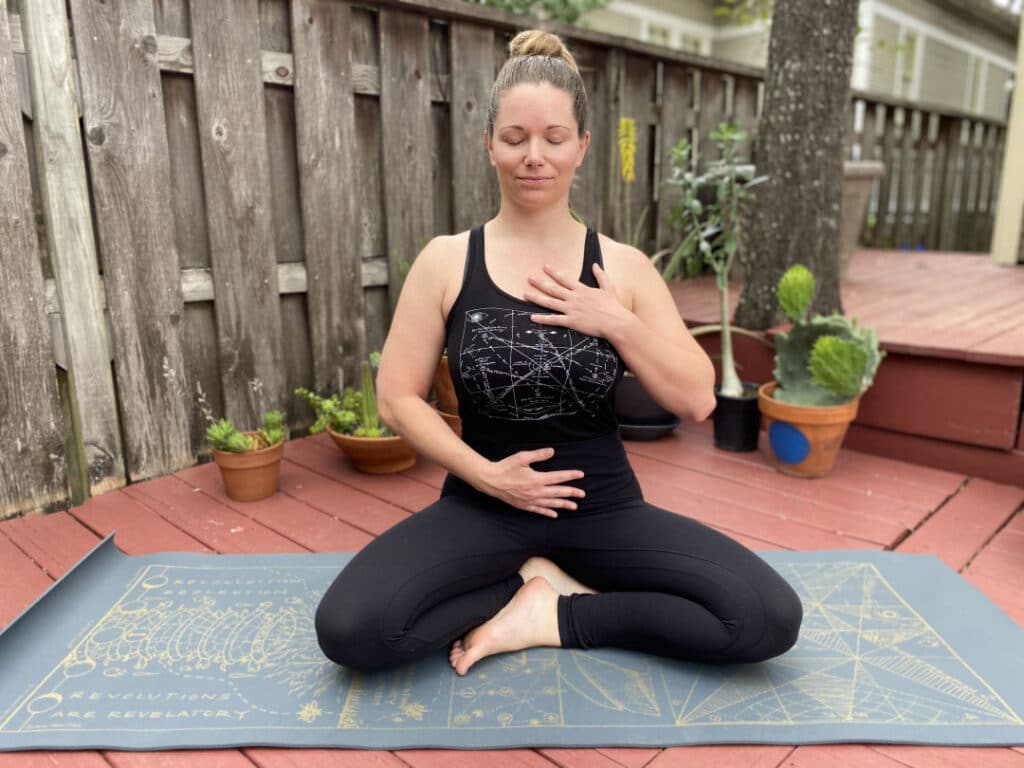We all get worried now and again. And while some nerves are normal, feeling anxious can harm our ability to perform in situations that demand it. In these moments, it helps to have some techniques you can use to calm your nerves.
6 Tips To Help You Remain Calm
Nervousness is interesting in that it’s both a physical and mental state. Spurred on by your body’s stress response system, “nerves” kick in when you feel stressed or anxious about a particular situation. The effects can range from minor to serious, with common symptoms including:
- “Butterflies” in the stomach
- Dry mouth
- Fast and shallow breathing
- Difficulty sleeping
- Headaches
- Inability to concentrate
- Irritability
- Increased heart rate
- Irregular heartbeat
- Jitteriness
- Feeling faint
- Sweating
- Frequent urination
Sometimes nervousness precedes a specific event or situation, like public speaking. Other times, it’s a chronic state of being that lingers for days or weeks at a time. While the former is less dangerous than the latter, it’s helpful to have coping mechanisms and/or preventative techniques in your back pocket.
Here Are A Few:
1. Just Breathe
Your breathing plays a huge role in your ability to remain calm. If you let your nerves get the best of you, shallow breathing will cause you to experience a litany of other unwanted symptoms. And once these symptoms kick in, it creates a cycle that gets harder and harder to break.
Simple deep breathing exercises where you breathe in through your nose and out through your mouth force you to slow down and be in the moment. Try intentional breathing for five minutes and you’ll be amazed by the results.
2. Stop Switching Time Zones
Stress and anxiety are typically rooted in the past or the future. You stress about something that happened and you get anxious about what may happen in an hour, a week, or a year from now. And the best way to free yourself from anxiety is to stay in your time zone. In other words, be present.
By focusing on what’s happening right now, you empower yourself to succeed. As Corrie Ten Boom once said, “Worrying doesn’t empty tomorrow of its sorrow, it empties today of its strength.”
3. Listen to Music

Music is one of the most powerful tools for shifting mindsets and modulating feelings. Depending on the person and the song selection, it can promote feelings of peace, optimism, excitement, and happiness.
Consider listening to music in situations where you feel the onset of nerves. Better yet, integrate your music with a device like Xen to leverage the power of vagus nerve stimulation. This is shown to boost mood, improve focus, and squash stress.
4. Try the 3-3-3 Rule
Sometimes you need a quick trick that you can use to calm your nerves in the moment. The 3-3-3 Rule is a great go-to here.
“Look around you and name three things you see. Then, name three sounds you hear. Finally, move three parts of your body – your ankle, fingers, or arm,” WebMD suggests. “Whenever you feel your brain going 100 miles per hour, this mental trick can help center your mind, bringing you back to the present moment.”
The purpose of this technique is to force you to be mindful of your immediate surroundings. This makes it impossible to jump into time zones or dwell on factors that are outside of your influence.
5. Control What You Can Control
Speaking of influence, focus on controlling the things you can control. If you’re nervous about a test, stop worrying and start studying. If you’re anxious about losing weight so that you can fit into a specific dress for a gala in two weeks, start working out. You can’t control every situation’s outcome, but you can take charge of the things you influence. Not only will you increase the likelihood of success, but you’ll also feel more in control of your circumstances.
6. Tell Someone How You Feel
You aren’t designed to carry the weight of your feelings on your own. Sometimes the simple act of telling someone else how you feel is enough to free yourself of this pressure. If you don’t have someone you can tell, consider journaling.
Putting it All Together
There’s a foolproof method for totally alleviating nerves. However, with the right approach, you can avoid situations where normal nervousness turns into anxiety.
Whether it’s breathing, listening to music, or talking it out, proactive strategies such as these can prove beneficial for your overall health and well-being.






